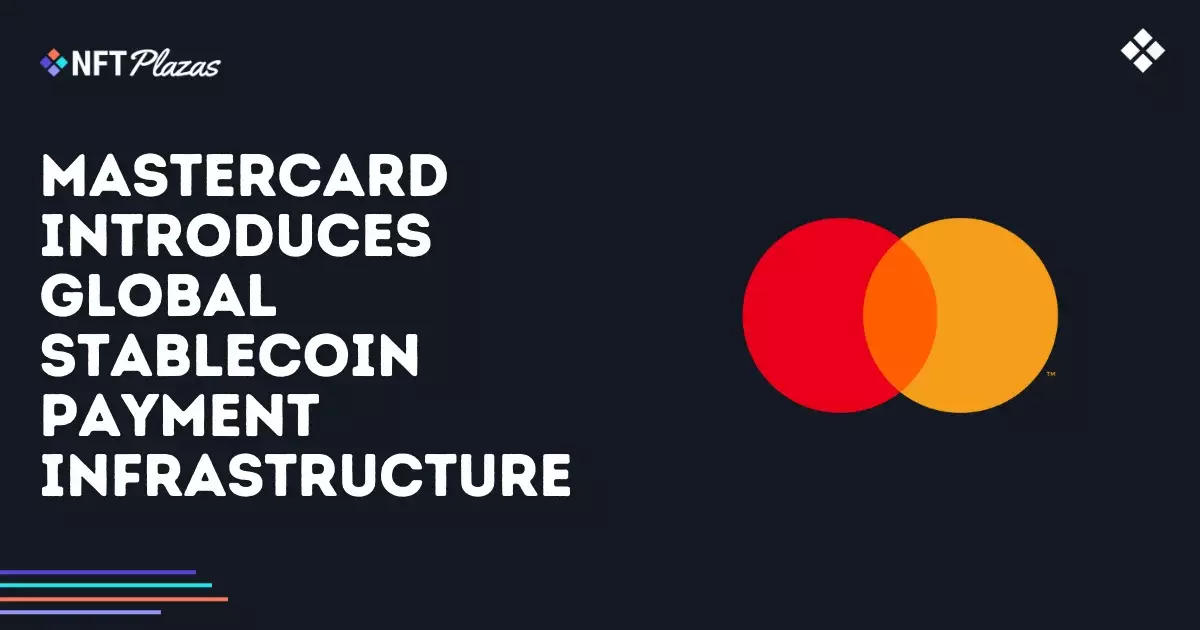Ubisoft is taking a bold step that could redefine the gaming landscape, launching its Decentralized Verification Network (DVN). This initiative comes with impressive ambitions, particularly in the realm of blockchain gaming, which has previously faced significant hurdles in asset portability and ownership consistency. With the DVN, Ubisoft not only aims to facilitate the transfer of digital assets between over 130 blockchain networks, including Ethereum, Solana, and Polygon, but also potentially ushers in a new era of game development. By leveraging a compatibility protocol instead of creating yet another blockchain, Ubisoft is attempting to address a common pain point in the industry—a move that can be seen as ambitious, if not slightly reckless.
Understanding the Mechanism Behind the DVN
The DVN operates as a verification layer, ensuring that digital items retain their identities and metadata when traversing different networks. This is an invaluable feature; true ownership is vital for maintaining player trust and fostering a credible marketplace. What’s striking about DVN is its permissionless nature, allowing anyone to create these networks and configure security settings according to their unique needs. This flexibility is a welcomed departure from the often rigid structures that characterize traditional gaming ecosystems. Innovation is vital, but are these games set to be governed by a plethora of decentralized verification networks ultimately more sustainable than the existing methods?
Ubisoft’s Blockchain Strategy: A Long-Term Vision or Short-Lived Trend?
Ubisoft’s foray into blockchain technology was not a knee-jerk reaction; it has been experimenting since 2021 with projects like NFTs in Ghost Recon: Breakpoint. However, with numerous initiatives already in the pipeline—including Might & Magic: Fates—one must question whether Ubisoft’s blockchain strategy is part of a well-rounded vision or merely a trend-chasing effort to stay relevant in an evolving market. The success of upcoming titles will reflect whether this investment pays off or fades into obscurity like many previous tech fads. While some purists argue that traditional gaming should remain untouched by blockchain, the evidence indicates a shifting paradigm.
The Implications for Game Developers and Players
The DVN not only represents a leap forward for Ubisoft but could also influence developers across the industry. By establishing a versatile framework, smaller studios might finally access tools that allow them to compete at a higher level without the daunting barrier of entry that sophisticated technologies often impose. Players, too, will benefit from a more robust system of ownership and tradeability; imagine the possibilities of seamlessly transferring in-game assets across various platforms. However, this reimagining of ownership raises critical questions regarding game monetization and economic fairness—elements that the industry must scrutinize carefully.
While the launch of DVN is promising, it serves as a reminder of the delicate balance between innovation and user experience. As Ubisoft continues to pave the way for blockchain integration in gaming, both the industry and players must remain vigilant, ensuring that technology enhances rather than detracts from the core gaming experience. The journey may be fraught with challenges, but the potential rewards could be revolutionary if navigated correctly.
















Leave a Reply